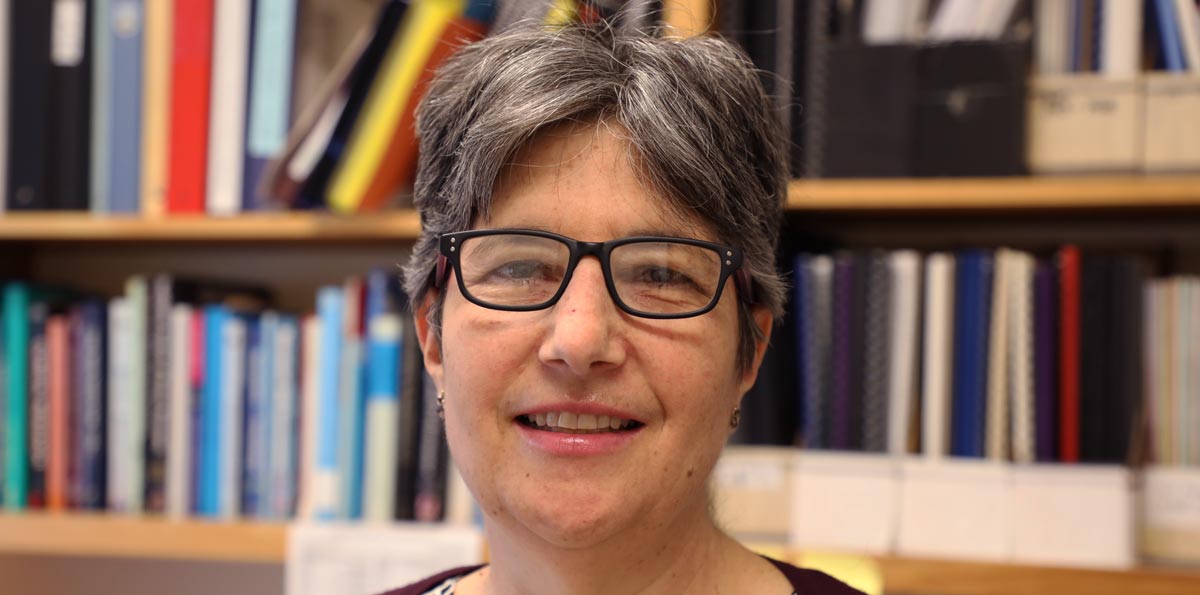Tal Jarus is a professor in the department of Occupational Science and Occupational Therapy in the Faculty of Medicine at UBC. She discussed with us how her Teaching and Learning Enhancement Fund (TLEF) project which received funding earlier this year will help improve access in Health and Human Service programs for students with disabilities.
How did the idea for this project emerge?
Tal Jarus: Our current project is based on previous TLEF projects that we had. In previous projects we were focusing on the accessibility of Health and Human Service programs for students with disabilities. We had identified gaps in knowledge and skills and attitudes that students with disabilities experience, so we decided together with the students with disabilities that it probably would be beneficial for them if we would create a learning opportunity for them to be able to better navigate the challenges they face, for example to be better prepared on how, when and to whom they could disclose their disability, and provide them information about what are their rights or responsibilities, issues related to accommodations, especially in clinical settings, and so forth. We also heard from students that they often feel alone. So this project will not only help us support students in acquiring skills and knowledge (via the online modules), but also create some community with other students with disabilities, through face-to-face workshops. This will enable them to meet and interact with other students with disabilities and exchange ideas and experiences and maybe build some collaboration and community for them. So that’s where the idea came from.
How will this project help enrich student learning? How will it impact teaching?
TJ: Well, I think it will impact both students and faculty. Even though currently we’re targeting mostly students with disabilities, we think it’s going to impact all students in the Health and Human Service programs, because when students with disabilities are more included in the programs and can bring their lived experience, which is very relevant for health professions, then students without disabilities would also benefit as it will enrich their learning. The blended learning module that we are developing, would make the programs more accessible for students with disabilities, would make it possible for them to identify what strategies would help them and what wouldn’t, with regards to accommodations, for example. This is a very tricky concept for the health programs, given that much of what we teach is not just an academic class where you come and you sit through a lecture and then you go home.
There are lots of clinical skills classes, and there’s also a practicum or placement in which students go out of UBC to a clinical context, so the accommodations for students with disabilities in the Health and Human Service programs are more complex than other academic programs. So by providing students more information, skills and knowledge about how and what strategies they can use, we would probably make their ability to complete the program and their learning experience much better. So it will definitely directly impact the learning experience of students with disabilities. As I mentioned before, we believe it will also impact the other students who are their peers, who can learn lots from their experience. It will also have impact on faculty, as we, as faculty, also struggle often in how we can best accommodate students and what kind of discussions we can have with them. So if students arrive prepared to have discussions, then as faculty it would make this discussion much easier and it would enable us to better support the students.
We are also thinking of, in the future, to take parts of the learning module and adapt them for faculty, so faculty can also learn about their rights are responsibilities, and how they can best support students with disabilities, so that we’ll be able to enhance our teaching experiences.
What are your main goals with this project?
TJ: Our main goal is to make the Health and Human Service programs as inclusive and accessible as possible, make students with disabilities feel that they’re welcome in those programs, that they have the knowledge and skills to address issues related to their education that come up if they relate to their disability, and make UBC more inclusive.
Have you started to implement parts of the project?
TJ: Yes, we already developed the content of a mixed online and face-to-face workshop, and currently we’re at the final stage of finalizing the online modules. We actually ran the workshops once last year as a trial, so we’re updating it and finalizing it, and we’re hoping to launch it any day. We would like to invite any student who is interested in this learning opportunity to contact us at inclusive.campus@ubc.ca.
